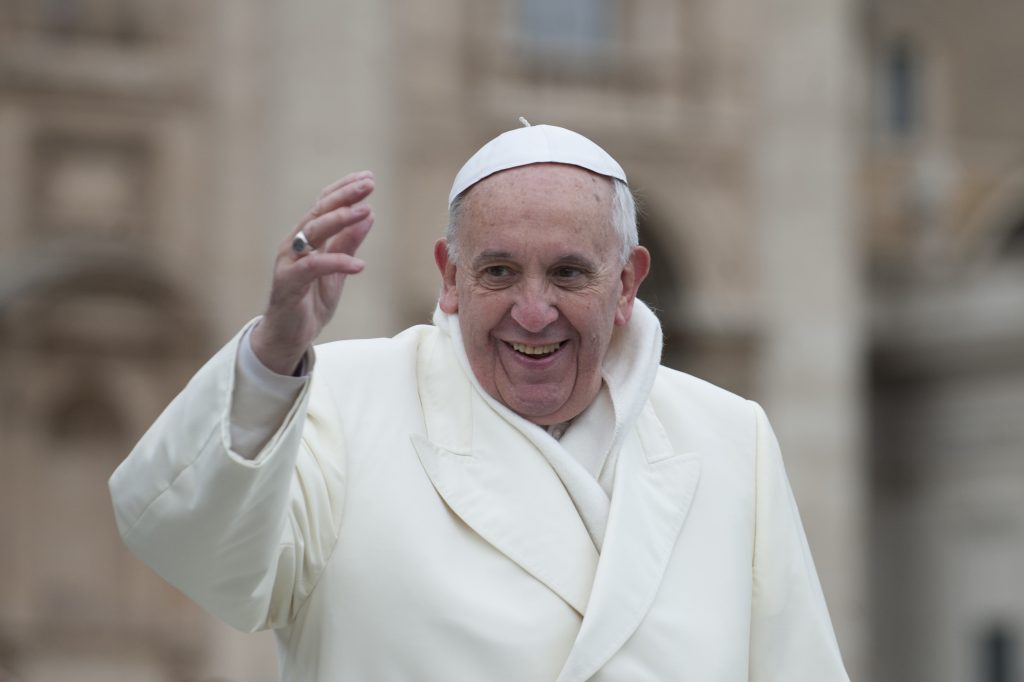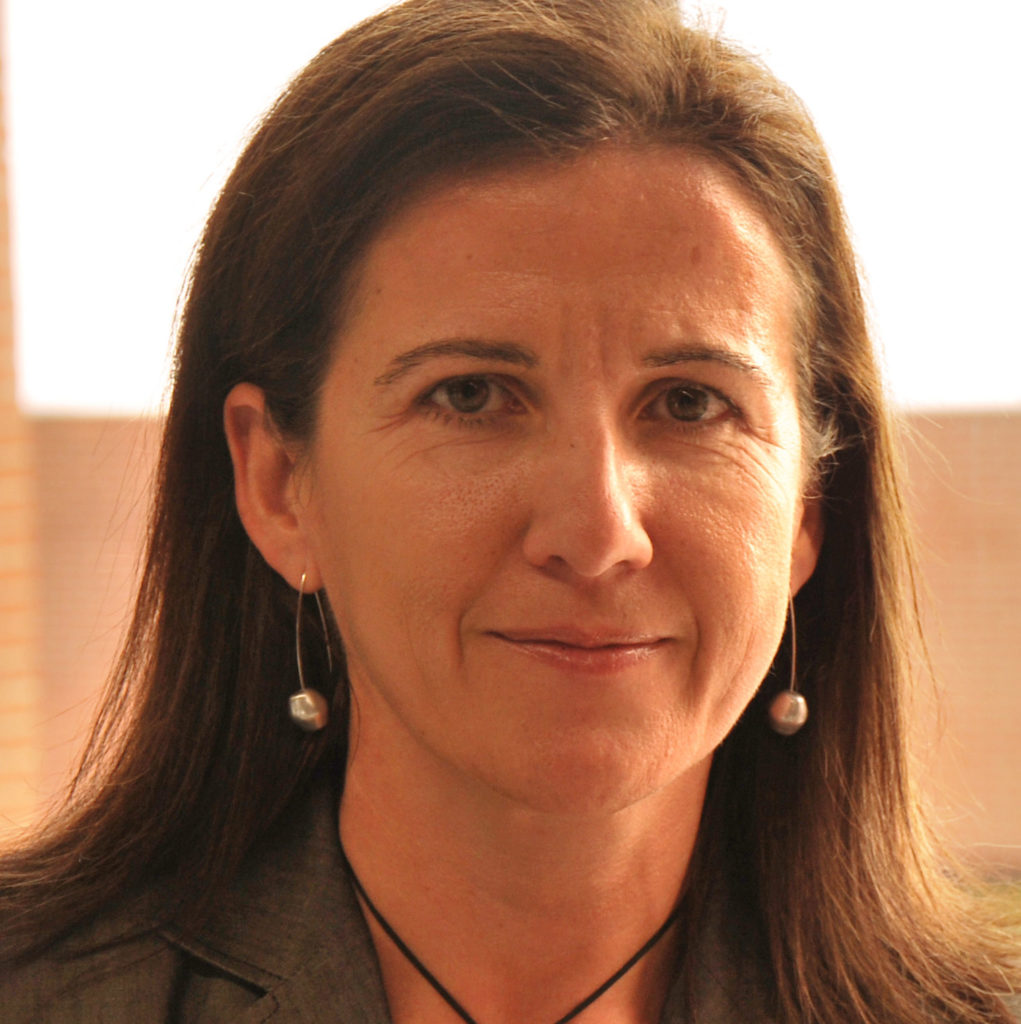Pope Leo XIV’s Pontificate: More Continuity Than Change. Interview with Thomas Massaro
Thomas Massaro, S.J. comments in detail on recently elected Pope Leo XIV—his personality, American background, and relations with his predecessor, Pope Francis. Massaro explains major internal and external challenges that Pope Leo will face during his pontificate and posits the expansion of the famous Vatican bon mot “John Paul II listened, Benedict taught, Francis touched the heart” to include the new Pope.


